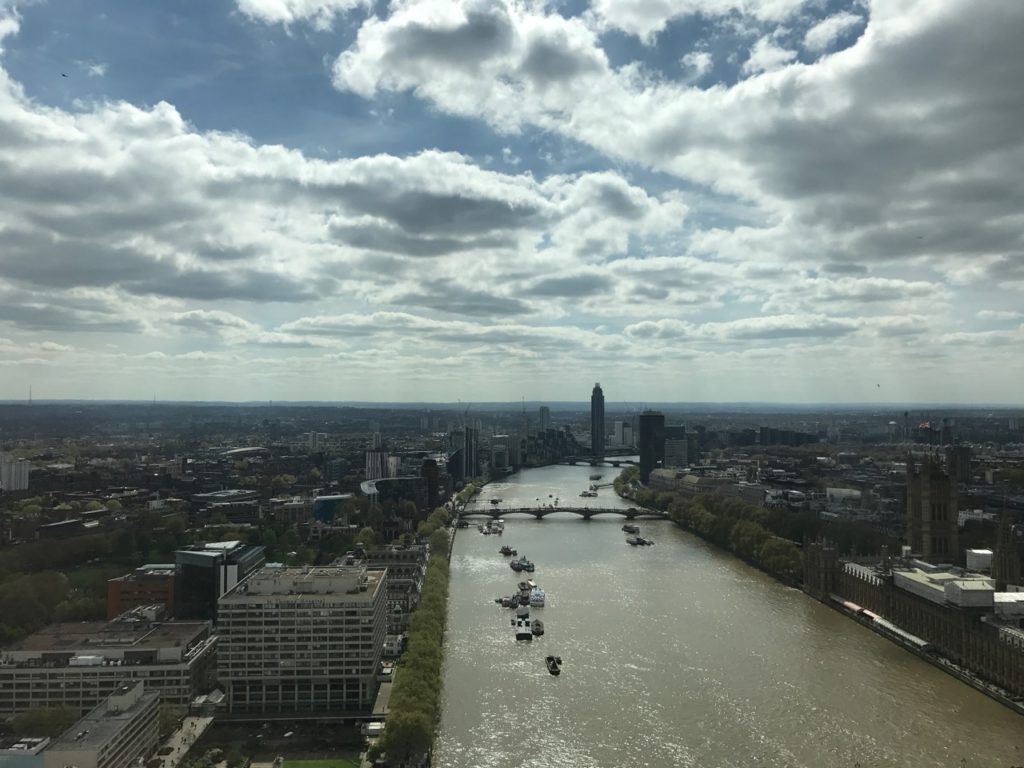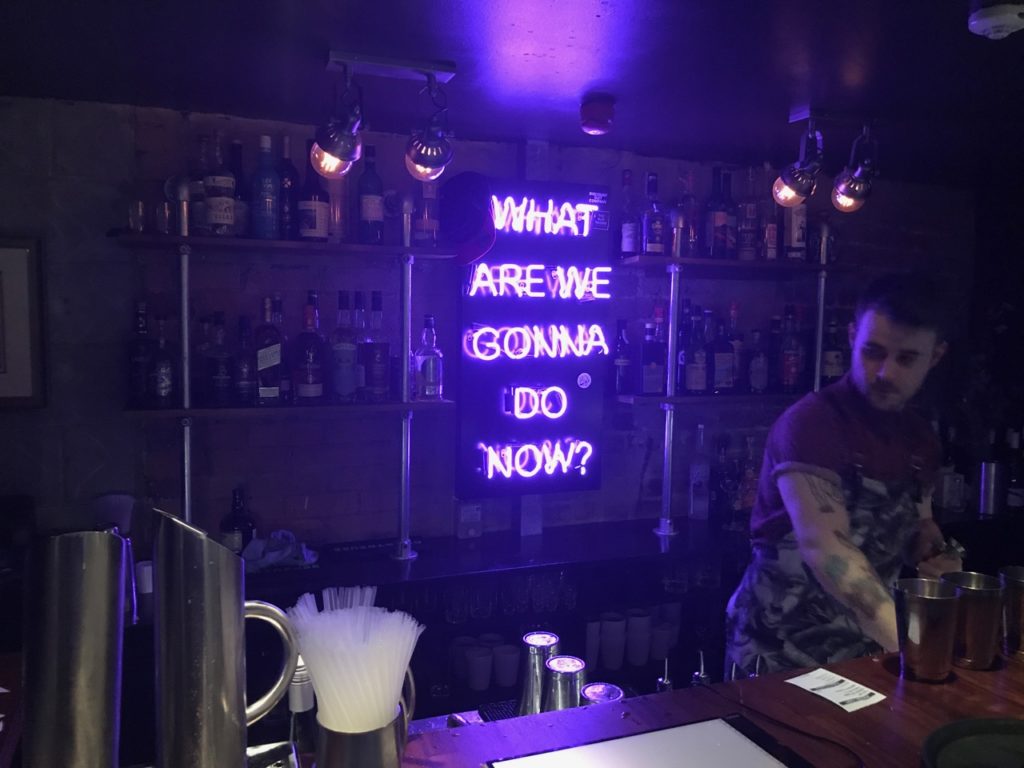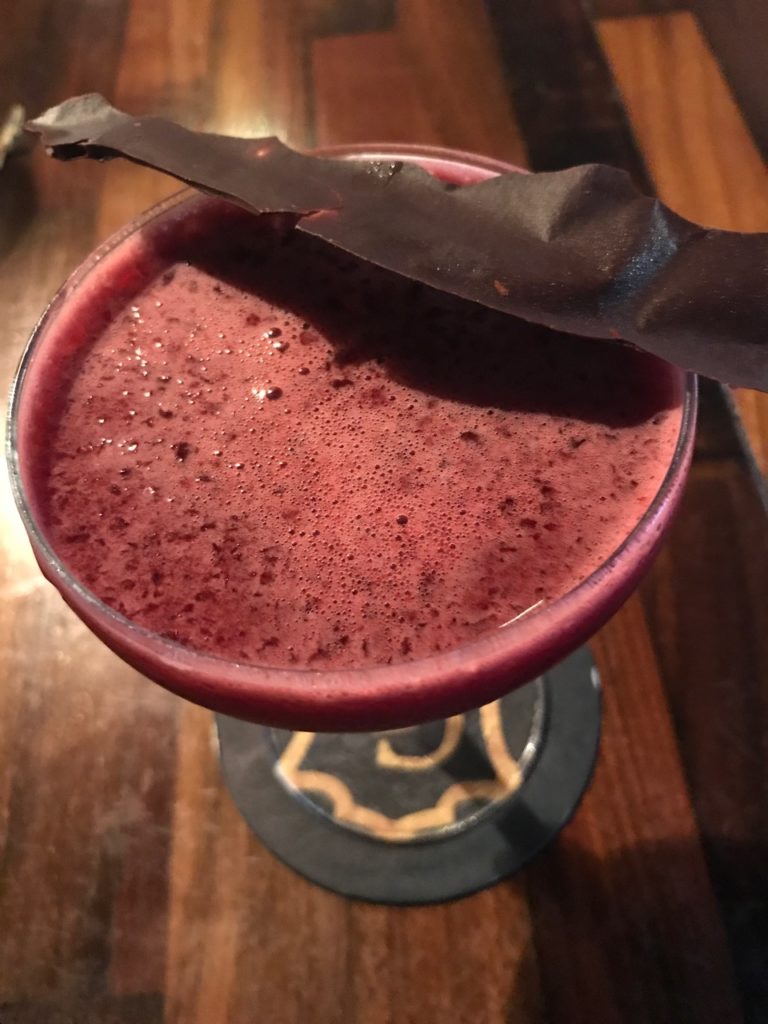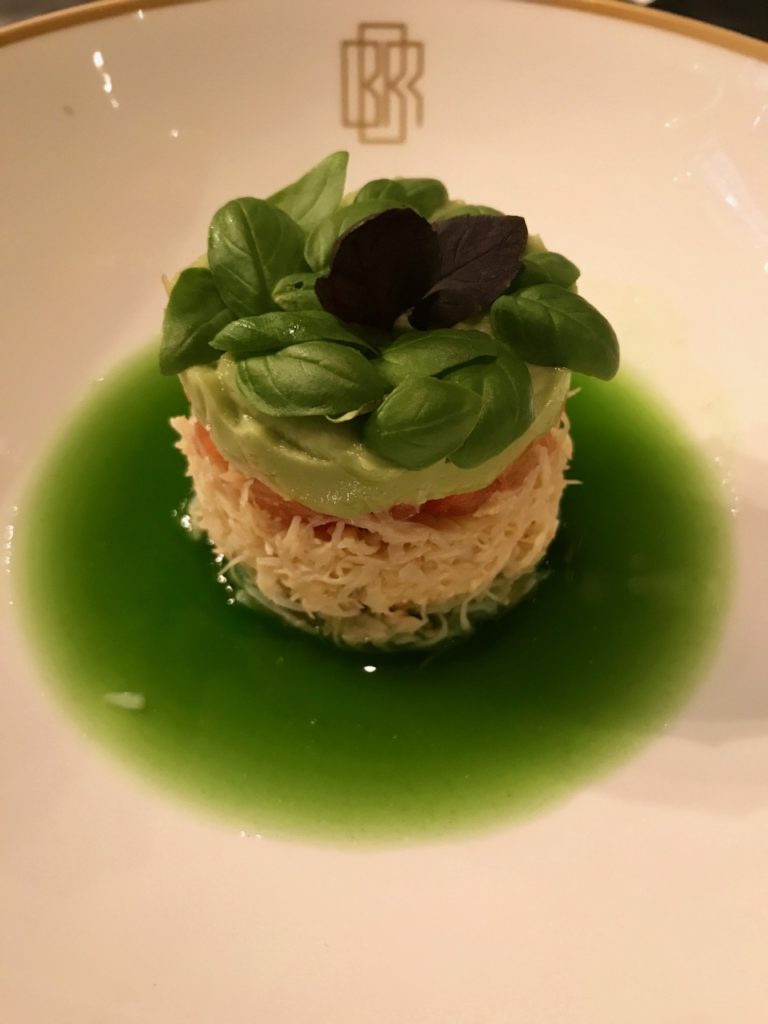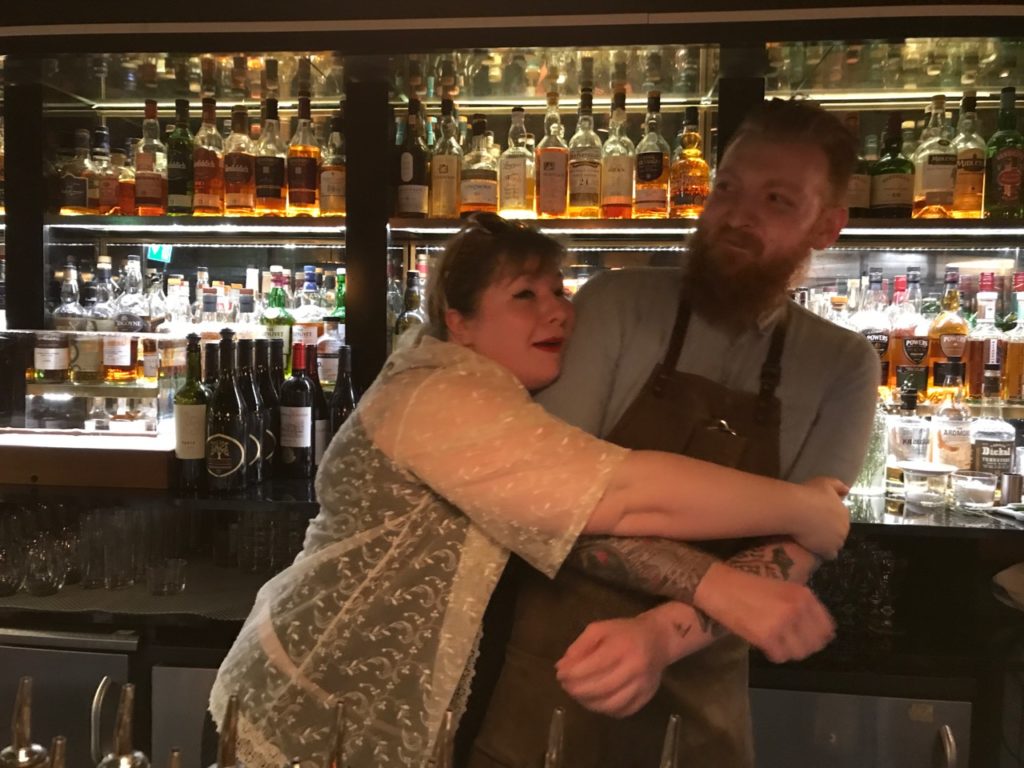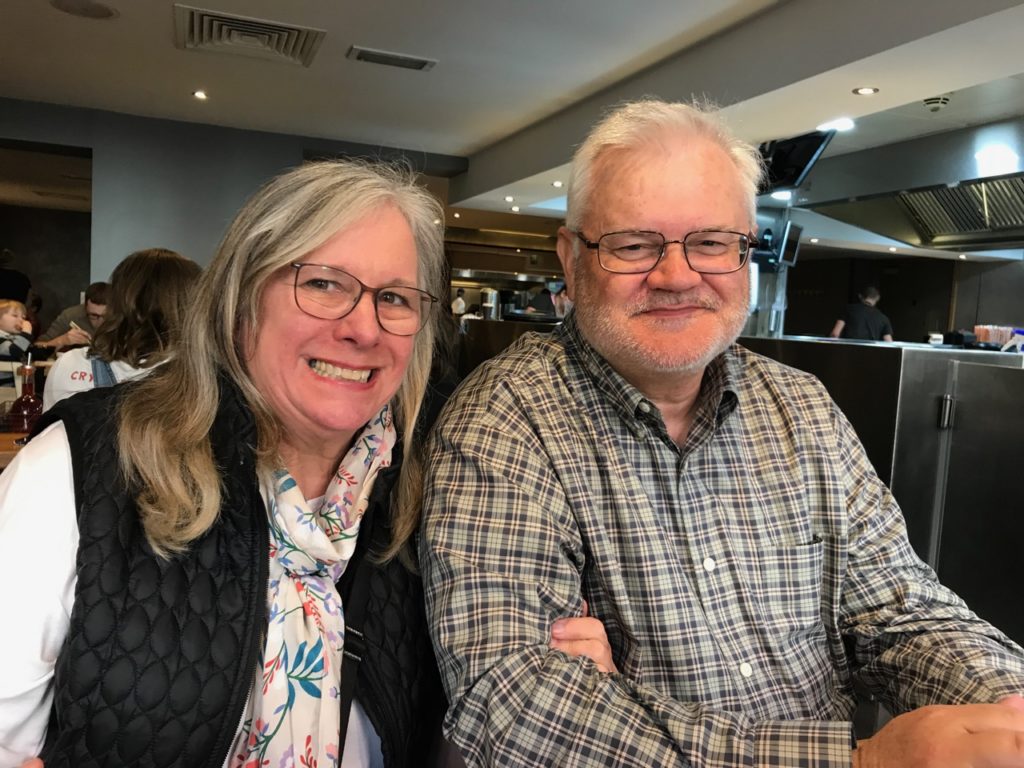
This is the latest in the continuing series of me saying goodbye to things I love.
Gothamist has been shut down. (DNAInfo, too.) You can read the statement or the NYT coverage. I’ve had a day to digest and I am still having trouble identifying a singular emotion. So instead, some free-form reflection:
There was no website more crucial to assimilating as a newcomer into NYC than Gothamist. It helped me feel like I understood the city in a way other news rarely did. (I actually tried reading the Times on the subway some mornings right after I moved here. The paper version. That didn’t help.)
Gothamist had a soul, an energy, and its own real voice. That was the amalgamation of a lot of really talented, really funny writers who connected in a shared love (and sometimes hate) of NYC. I was lucky to read their work, and luckier still to get to work with some of them.
Gothamist was a success story of “the blogging era”: a site that gradually grew from hobby to blog to major thing to outlet to longform news site. It lasted fifteen years, an eternity in Internet time.
Gothamist was how, either directly or indirectly, I made my longest lasting friends in NYC. Countless people I identify as friends have a traceable lineage through Gothamist. Many I met at social functions the site held. Two of my closest friendships are directly through my work with the site.
Gothamist was how I became a soccer journalist and why so many people care what I have to say about the sport, even two years after giving up. Without that platform, without that freedom, you wouldn’t have heard my voice. But the loss of the outlet that I wrote for feels less significant than the loss of the thing I relied on to navigate this crazy city.
Gothamist changed my life, was a part of my identity, and I ache now that it’s gone.
Every meeting between friends must end with a parting, and so, my friends, today we take our leave. This is life. None of us profits from ignoring or hiding from the facts, so why should we bother? Life is what it is, a gift that is given to us for a time – like a library book – that must eventually be returned. How should we treat this book? If we are able to remember that it is not ours to begin with – one that we’re entrusted with, to care for, to study and learn from – perhaps it would change the way we treat it while it’s in our possession. How do you treat a precious gift from a dear friend? This is a good question to ask, and today is a good time to ask it.
– Margaret Lanternman
